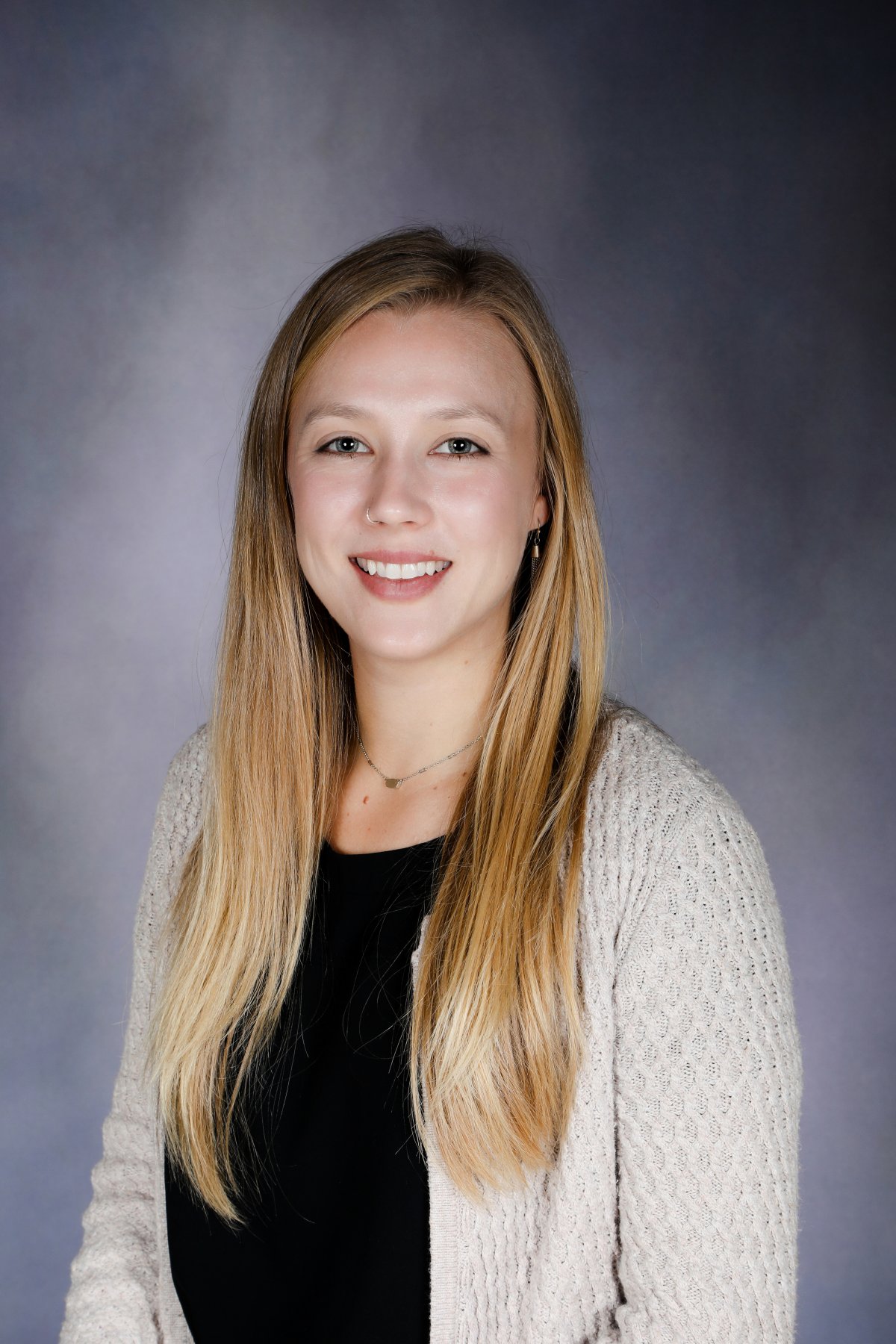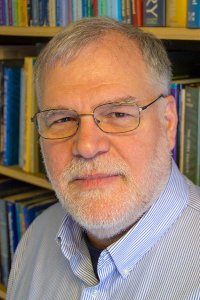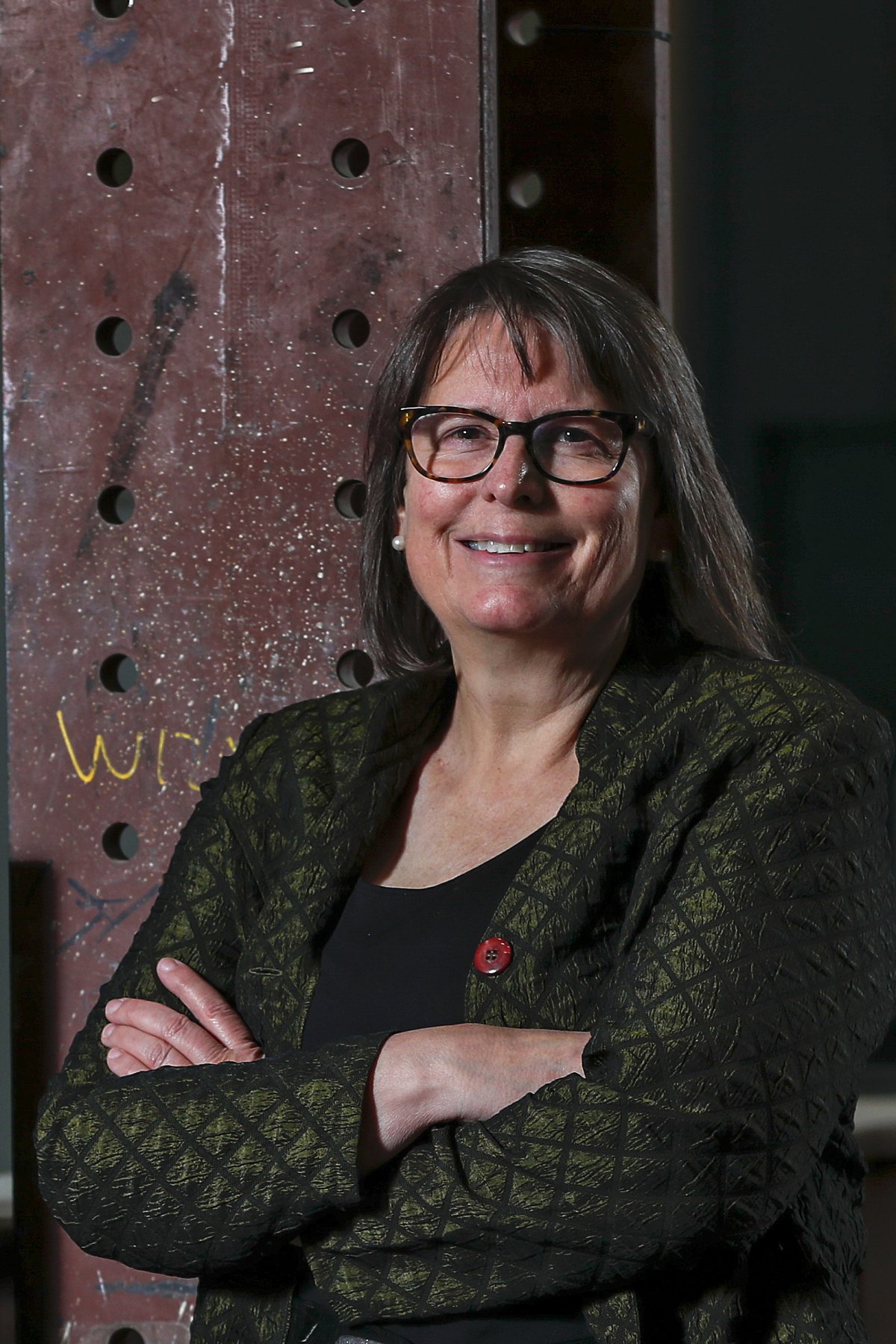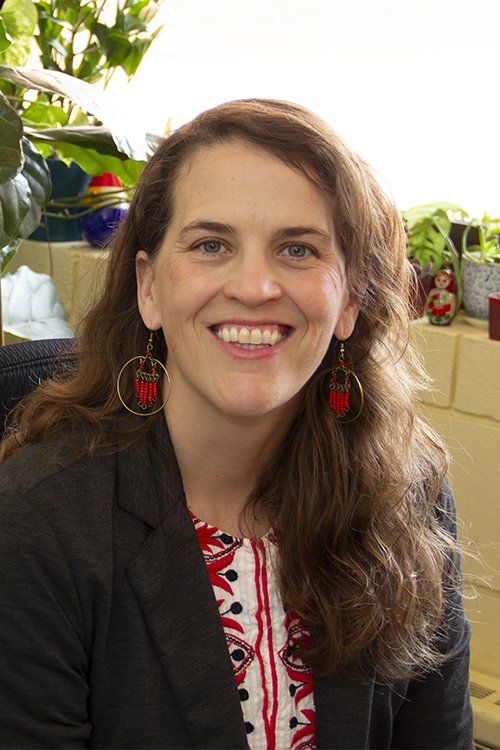CEGE Mental Health Resources
Crisis Line
Call 612-301-4673 OR Text "UMN" to 61222
National Suicide Prevention Lifeline
Call 988 or 1-800-273-TALK (8255). In the Twin Cities metro, dial “CRISIS” or text “MN” to 741741.
Boynton Mental Health
Telehealth counseling and psychiatric treatment
Call for appointment: 612-624-1444
Student Counseling Services (SCS)
Virtual counseling services
612-624-3323
counseling.umn.edu/
Academic Coaching
Student Academic Success Services (SASS)
Schedule an appointment: email sass@umn.edu
Learn to Live
Confidential online cognitive behavioral therapy
Visit the Learn to Live website (enter code "UMN").
Let’s Talk program
Informal virtual drop-in consultations
No appointment is necessary
counseling.umn.edu/lets-talk/
The Aurora Center for Advocacy & Education
Confidential, safe space for students who are victims/survivors/concerned people of sexual assault, relationship violence, stalking, and sexual harassment
http://aurora.umn.edu/
As a student you may experience a range of issues that can cause barriers to learning, such as strained relationships, increased anxiety, alcohol/drug problems, feeling down, difficulty concentrating, and/or lack of motivation. These mental health concerns or stressful events may lead to diminished academic performance and may reduce your ability to participate in daily activities. University services are available to assist you. You can learn more about the broad range of confidential mental health services available on campus via the Student Mental Health Website: http://www.mentalhealth.umn.edu.
CEGE is committed to helping our students bring their best selves to their classes, academic work, and the UMN community. Our department has five trained Mental Health Advocates (MHA). MHA can help support students, or concerned faculty/staff, find mental health resources on campus for undergraduate or graduate students.
CEGE Mental Health Advocates Contact Information




